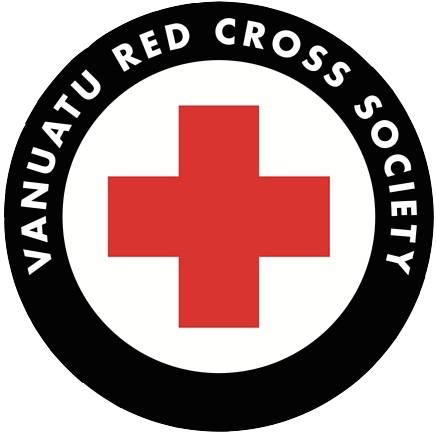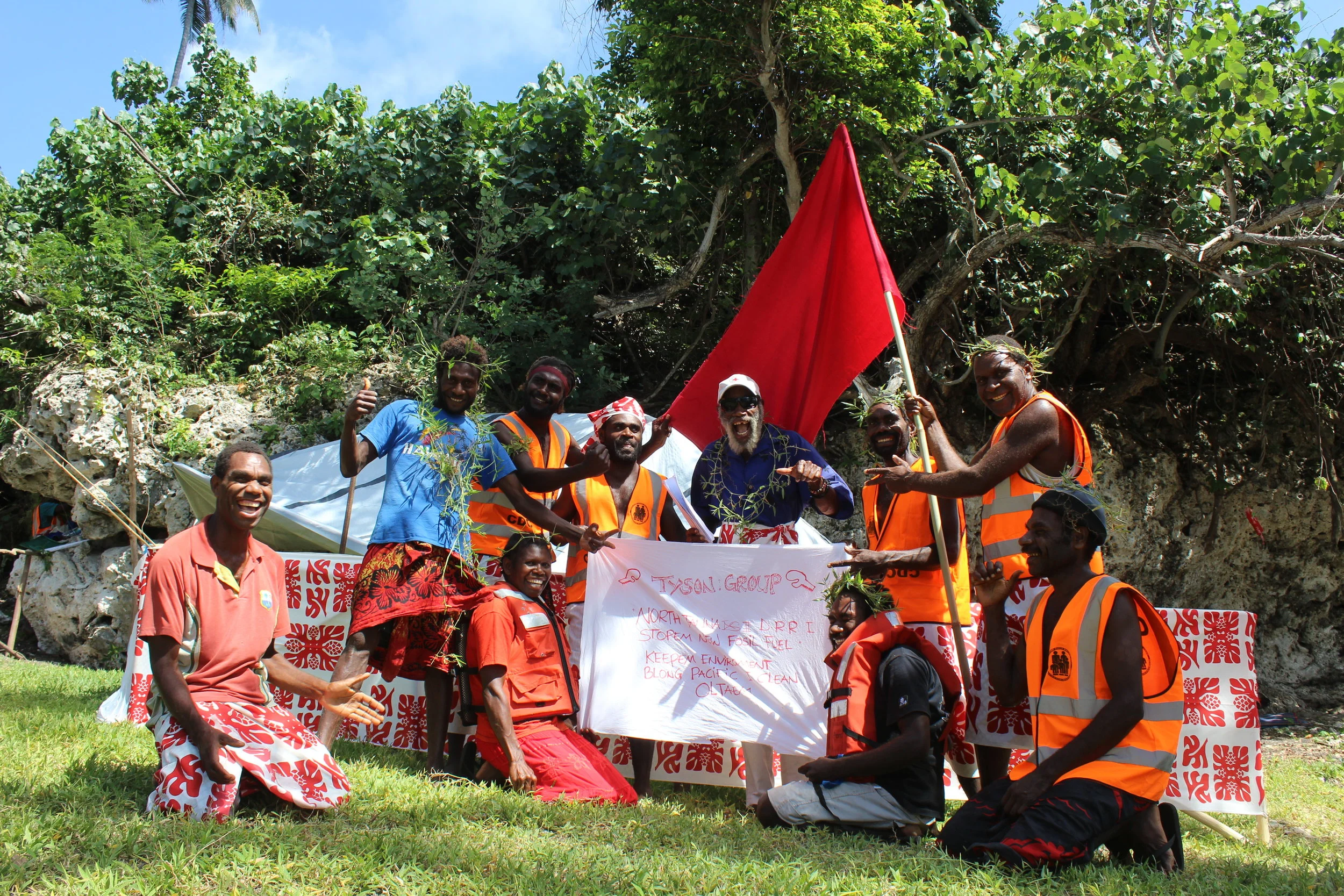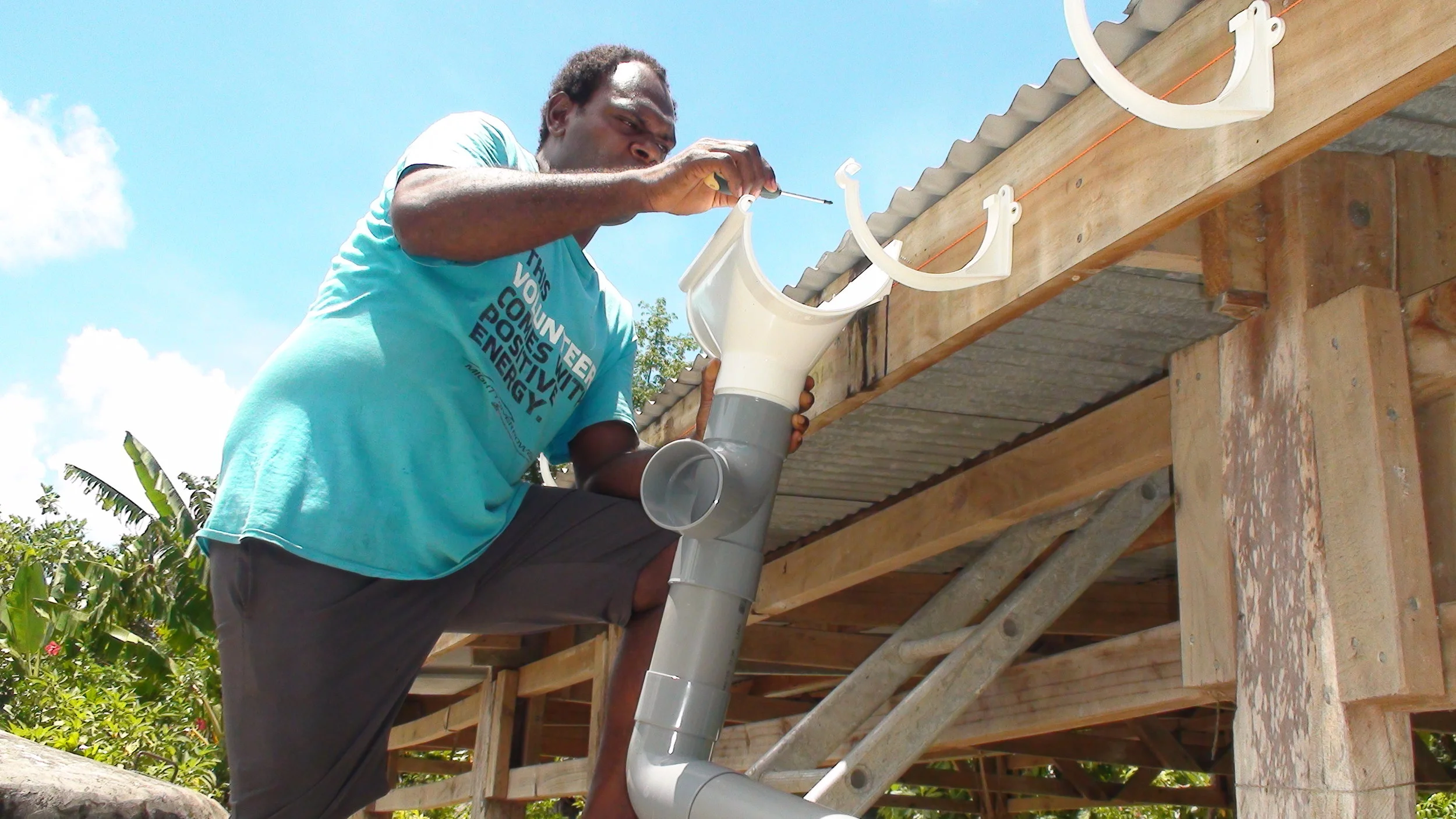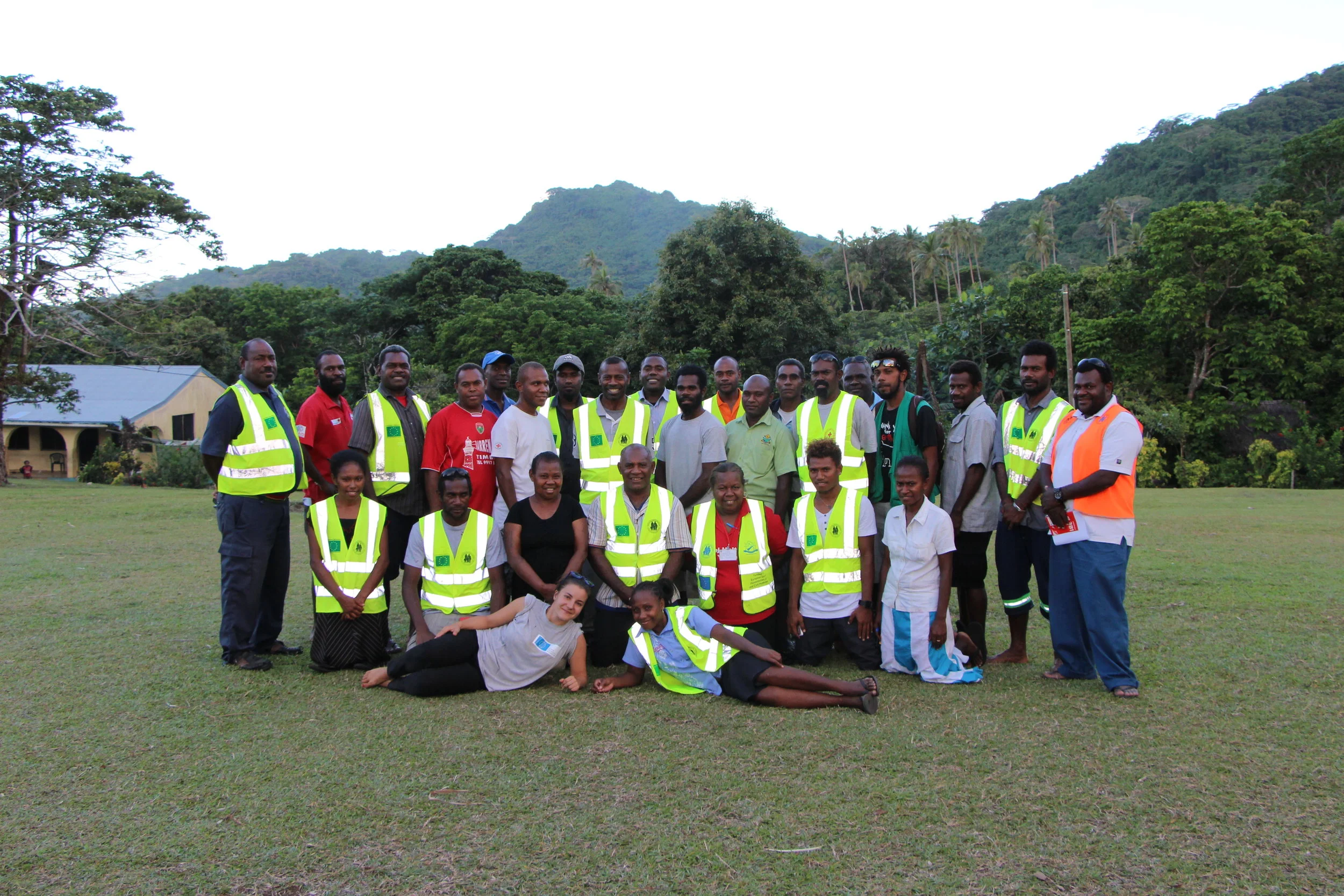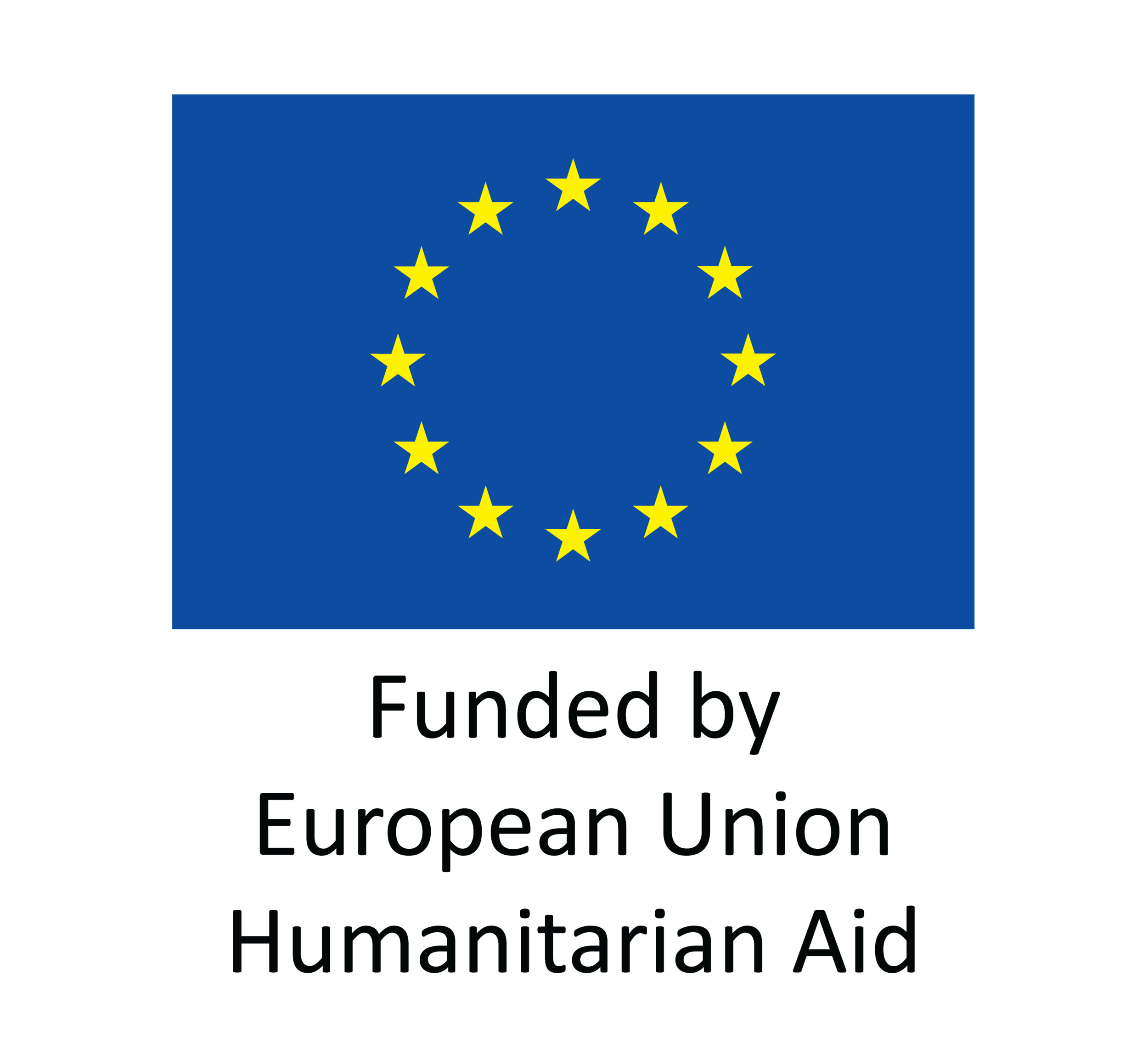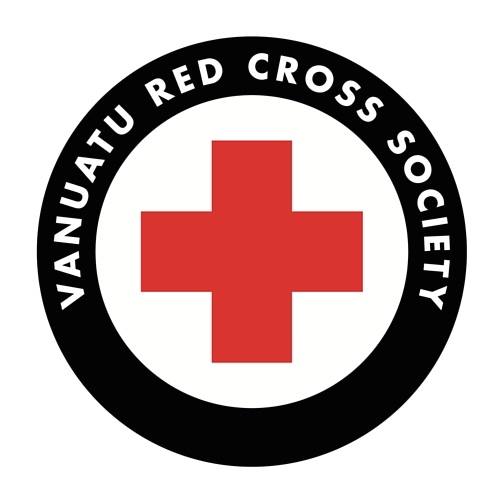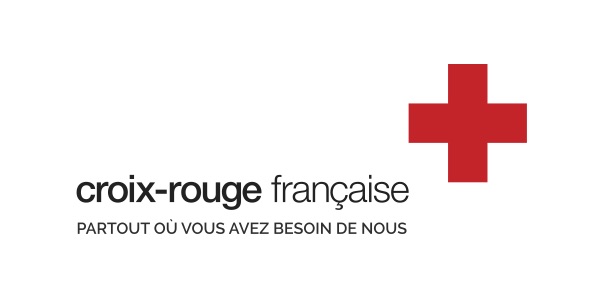Vanuatu Red Cross Society, working jointly with the support of the Australian Red Cross, is seeking applications for a dynamic and highly motivated person to immediately fill the position of Livelihoods, Gender & Child Protection Supervisor to join its VRCS team in Port Vila.
Qualifications and Profile required:
· Bachelor’s degree in relevant discipline
· Skills and experience in livelihoods program management and/or gender and protection
· Strong financial management skills
· Excellent interpersonal skills
· Effective time management skills
· Well organized
· Able to work both as part of a team and with minimal supervision
· Capable and confident public speaker and trainer
· Integrity
· Current driver’s license with clean driving record
· Willing to travel as required
Knowledge & Skills:
· Prior experience managing community development or disaster recovery programs
· Experience in community consultation and stakeholder engagement
· Proven experience managing financial information and program budgets
· Livelihoods and/or gender and protection experience desirable
· Understanding of gender, inclusion and protection principles
· Excellent communication skills in Bislama
· Excellent communication skills (oral and written) in English
· Knowledge of the Vanuatu context and cultural traditions
· Ability to use Microsoft Word and Excel
· Current drivers license
· Knowledge of the Red Cross Movement is an asset
VRCS is an organization involved in emergency, early recovery and development programs. Therefore, all VRCS staff have to be available at any time in order to respond to any emergency work, should the need arise.
All Vanuatu Red Cross staff must agree to and sign the Child Protection Policy and Code of Conduct as well as providing a current police clearance. This is a condition of employment.
Interested applicants are invited to pick up a more detailed job description of this position at Vanuatu Red Cross Office (located at No 2 opposite ABM No2), or send request by mail to: recruitment@redcrossvanuatu.com
Submit your application letter with CV and copies of Certificates and References directly to our Head Office or via email: recruitment@redcrossvanuatu.com or Post addressed to HR Department, Vanuatu Red Cross Society PO Box 618, Port Vila. Contact Person: Joanna Kalpokas – 27418
Applications close on Monday 24th October 2016 at 5.00pm.
